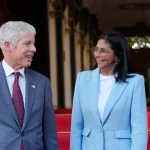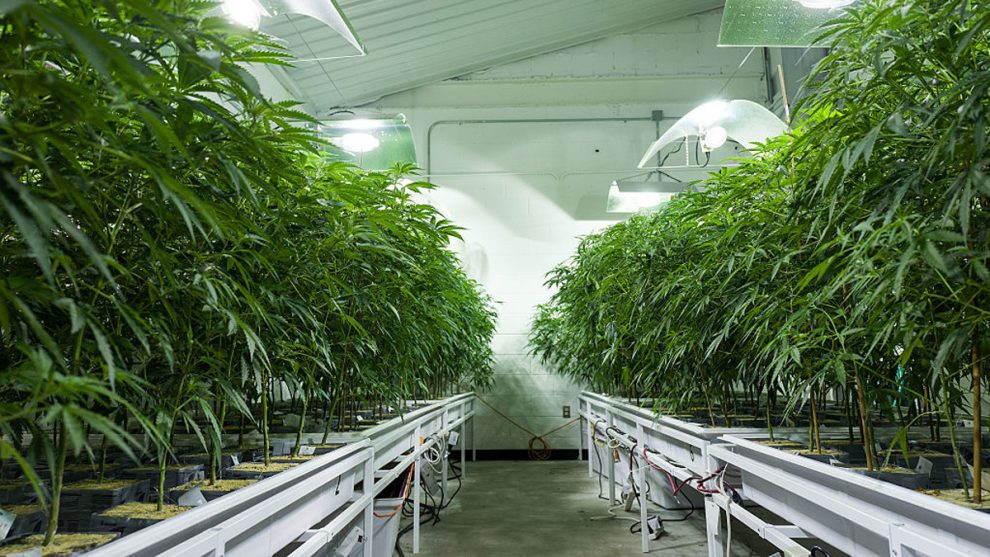New Yorkers over the age of 21 can now possess and use marijuana — even in public — under a legalization bill signed Wednesday by Gov. Andrew Cuomo, though legal sales of recreational cannabis won’t start for an estimated 18 months.
Passed after several years of stalled efforts, the measure makes New York the 16th state to legalize use of the drug.
New York becomes the second-most populous state, after California, to legalize recreational marijuana.
“By placing community reinvestment, social equity, and justice front and center, this law is the new gold standard for reform efforts nationwide,” Melissa Moore, New York state director of the Drug Policy Alliance, said.
The legislation also prohibits police from using the odor of cannabis as a reason for searching someone’s car for contraband.
New York will start automatically expunging some past marijuana-related convictions, and people won’t be arrested or prosecuted for possession of pot up to 3 ounces.
A 2019 law already erased many past convictions and reduced the penalty for possessing small amounts.
New Yorkers 21 and over can now smoke marijuana in public, including on sidewalks. No other state allows that, according to Paul Armentano, deputy director of pro-legalization group NORML.
However, New Yorkers still can’t use marijuana in locations where smoking is prohibited by state law, including workplaces, indoor bars and restaurants and within 100 feet of a school.
Stricter local smoking rules apply: New York City bans smoking in parks and on beaches, for instance.
Local governments can pass stricter rules on marijuana use, prohibit retail dispensaries or cannabis lounges, and impose small civil penalties — as long as they don’t “completely or essentially prohibit a person” from marijuana use.
Law enforcement organizations, parents’ groups and many Republican lawmakers opposed the new law.
They suggested legalization will encourage kids to use marijuana and will increase impaired driving, among other concerns.
“For 27 years in the military, I fought drugs, every single year. … What will we do to our children here?” Republican state Rep. John Lemondes Jr., a retired Army colonel, asked as lawmakers debated Tuesday night.
The trade publication Marijuana Business Daily estimates New York could become the East Coast’s largest recreational marijuana market, generating a potential $2.3 billion in annual sales by its fourth year.
Cuomo, a Democrat, said annual tax revenues could eventually total $300 million, though Republicans are skeptical. California was forced to cut $223 million from state budget projections in 2019 due to slower-than-expected pot sales.
After covering the state’s costs of regulation and enforcement, tax revenues would go to schools, drug treatment and prevention programs and a fund for investing in job skills, adult education, mental health and other services.
The taxes are considerable: a 9 percent statewide sales tax, an additional 4 percent county and local tax and another tax based on the level of THC, marijuana’s active ingredient.
Sen. Liz Krueger, a Democrat and the legislation’s senate sponsor, estimates the total tax rate will come out to about 20 percent.
The state will provide loans and grants to encourage minorities, small farmers, women and disabled veterans to produce cannabis.
The legislation sets a goal of issuing 50 percent of marijuana licenses to minorities.
Story cited here.
























